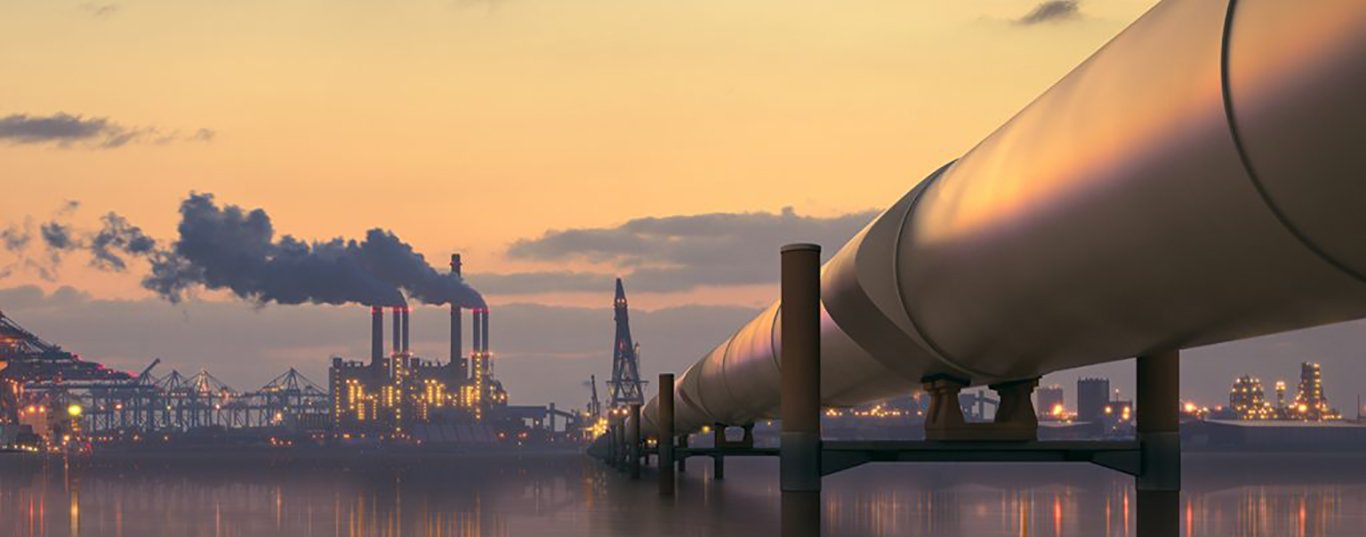
WHY METHANE REDUCTION MATTERS
10 Facts About Methane You Need to Know
Methane is a potent greenhouse gas and a significant driver of global warming
FACT 1
Methane, the main component of natural gas, is a powerful greenhouse gas with 80 times the warming potential of CO₂ for the first 20 years it’s in the atmosphere.
Over the next 20 years, the methane emitted today, will trap over 80 times more heat than an equal amount of CO2 would.
FACT 2
Methane emissions from human actions are rising at an alarming rate
The amount of methane in the atmosphere has more than doubled over the last century. According to the IPCC, the concentration of methane is now higher than at any time in the last 800,000 years and has grown at more than three times the rate of CO₂ levels.
Rising methane emissions are accelerating global warming
FACT 3
Methane pollution is a leading cause of current global warming, with methane from human activity accounting for at least 25% of global warming.
In the next decade, methane from all sources will warm the planet more than the burning of fossil fuels.
Existing solutions can slow global warming significantly
FACT 4
A rapid, large- scale effort to tackle methane emissions, using existing technology and data, could slow the current rate of warming.
Interventions in key sectors can lead to a 50% reduction in methane emissions by 2030 and avoid a 0.50°C rise in temperature by the end of this century.
Existing tech can cut emissions in half by 2030 and hit the breaks on dangerous warming.
The oil and gas sector is the ideal place to start cutting emissions
FACT 5
Interventions in the oil and gas sector provide the fastest and cheapest opportunity to reduce methane emissions and slow global warming. In fact, 80% of the economically feasible interventions to reduce methane emissions come from the oil and gas sector.
Simple solutions can have a significant impact at little to no cost. This includes enforcing frequent leak detection and repair; allow venting only in case of emergency, and allow flaring only under ambitious safety standards.
Many solutions in the oil and gas sector come at no cost
FACT 6
Existing technologies can be used to reduce 70% of methane emissions in the oil and gas sector, while up to 80% of these mitigation measures can be achieved at low or zero net cost.
Adopting strategic regulations to enforce these actions are thus high impact, without causing significant increases in the cost of doing business.
Capturing wasted methane would ease the energy crisis
FACT 7
Capturing the huge amounts of methane wasted through leaks, flaring and other preventable releases could increase the energy supply for businesses and households hit hard by the energy crisis.
In fact, an S&P Global analysis commissioned by Environmental Defense Fund found that by reducing preventable losses in six key export regions, more than 80 billion cubic meters of methane could be captured and profitably brought to market. That’s almost 60% of Europe’s pre-war yearly imports from Russia.
The EU has the greatest potential to make an impact
FACT 8
The EU is the world’s largest natural gas importer, with 90% of its fossil gas consumption coming from outside its borders: most of the methane emissions associated with the EU’s consumption occur abroad. In fact, the EU’s ‘methane footprint’ outside its borders is 3 to 8 times higher than that from domestic gas.
This means that rules limiting methane emissions must equally apply to gas imported to the EU. Thus, the EU plays a crucial role in driving down methane emissions globally.
Reducing methane emissions is a golden opportunity for the EU
FACT 9
The EU introduced the Global Methane Pledge at COP26 alongside the US and over 100 other countries, cementing methane action on the world stage. Signatories pledged to reduce their collective methane emissions by at least 30% by 2030.
The EU’s proposed regulation to reduce methane emissions in the energy sector is an opportunity to help the EU fulfil its pledge to become a leader in global climate action and achieve the goals of the European Green Deal.
Cutting methane emissions is a win-win-win
FACT 10
The EU has a unique and unmissable opportunity to tackle both the climate crisis and the energy crisis. By strengthening the EU regulation to reduce methane emissions in the energy sector, policymakers can stop the waste of oil and gas methane along the entire supply chain that could instead be used to generate electricity and heat homes. This will help ease pressure on the market and bring prices down.
The technology to cut methane emissions exists. Solutions are straightforward, simple and low-cost. And at the same time, reducing harmful methane emissions will also help fight climate change and slow global warming.
It’s that simple.






